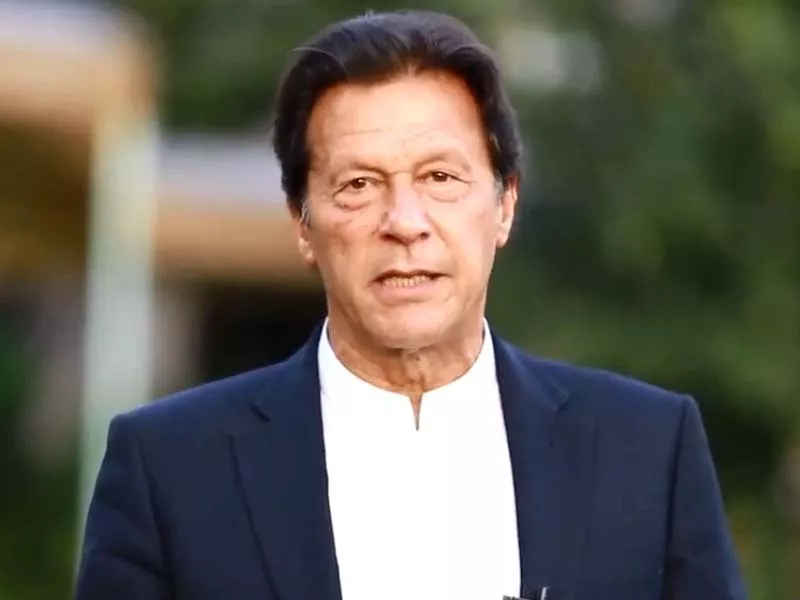Time to say goodbye to austerity
The government would need to abandon the IMF programme forthwith
The bad news is that the IMF has postponed the approval of the second review of the $6 billion bailout package scheduled for April 10, 2020, due to “delay in implementing agreed actions by Pakistan”, delaying disbursement of the $450 million tranche. But the good news is that the Fund is said to be working expeditiously to respond to Pakistan’s request for $1.4 billion from over a trillion dollar fund the IMF has reserved for member states facing Covid-19 threats.While it would be advisable for the official economic managers to keep their fingers crossed as they await the Fund’s decision for assistance from the rapid assistance toolkit facility, it would not be inappropriate, in view of the new challenges we are facing due to the deadly virus, for the government to use the opportunity to delve into the pros and cons of continuing the Fund-driven austerity programme. While doing so, let us also be warned that the Fund presently does not seem to be inclined to extend waivers on key agreed measures. Had the Fund felt it advisable, perhaps it would have extended the required number of waivers and approved the second review on schedule.
In any case, the agreed revenue income target of Rs5.5 trillion being too unrealistic given the projected growth rate of around 2.5%, would have remained out of the FBR’s reach no matter how well it tried to accomplish the impossible. Indeed, with the proverbial inefficiency of the FBR personnel and their entrenched corrupt ways, achieving a revenue target of even Rs5 trillion would have been next to impossible. The number of filers has increased but most of these new filers had filed their returns, though not required to, as they don’t earn taxable incomes, only to take advantage of the difference between the rates of withholding taxes payable by filers and non-filers. Also, privatisation is not expected to take off because of the unfavourable investment climate and because no one seems interested in buying heavily indebted and overstaffed public sector enterprises. Meanwhile, the circular debt has continued to expand forcing the government to continue to pass on the cost of its inefficiencies to consumers.
A number of independent economists have warned that continuing with the Fund-imposed conditionalities would only further restrict the already meagre expenditure on health and cause further deterioration in the health delivery mechanism which is already inadequate to meet even the rudimentary health hazards. But a recipient can do away with conditionalities either by getting the Fund to agree to extend a number of waivers or by unilaterally withdrawing from the programme forthwith. That is how most of the Fund’s previous bailout packages for Pakistan have ended. It’s almost always at the stage of second review that either we have abandoned the programme on our own or the IMF had ended finding the recipient too reluctant to continue implementing the austerity-related conditionalities.
The first reviews by the Fund have always passed off smoothly because it is the masses, mostly the poor and lower middle classes which suffer from the side effects of the implementation of the Fund’s first tranche of reforms which invariably include overall price increases and withdrawal of subsidies. But since the vested interests of the ruling elite get adversely impacted by the second tranche of reforms, the big businesses and civil and military bureaucracy which make up the core of the ruling elite, make it impossible for the incumbent government to implement them.
Meanwhile, starvation is staring the poor straight in the face because of the Covid-19-driven extended lockout. And despite the Rs1.2-trillion relief package mobilised by the government, it has so far failed to reach the poor because there is no effective distribution system in place yet, and the relief package looks too inadequate. Therefore, the government would need to abandon the IMF programme forthwith and focus more on mobilising enough funds for providing urgent relief to the deserving.
Published in The Express Tribune, April 11th, 2020.
Like Opinion & Editorial on Facebook, follow @ETOpEd on Twitter to receive all updates on all our daily pieces.


COMMENTS
Comments are moderated and generally will be posted if they are on-topic and not abusive.
For more information, please see our Comments FAQ